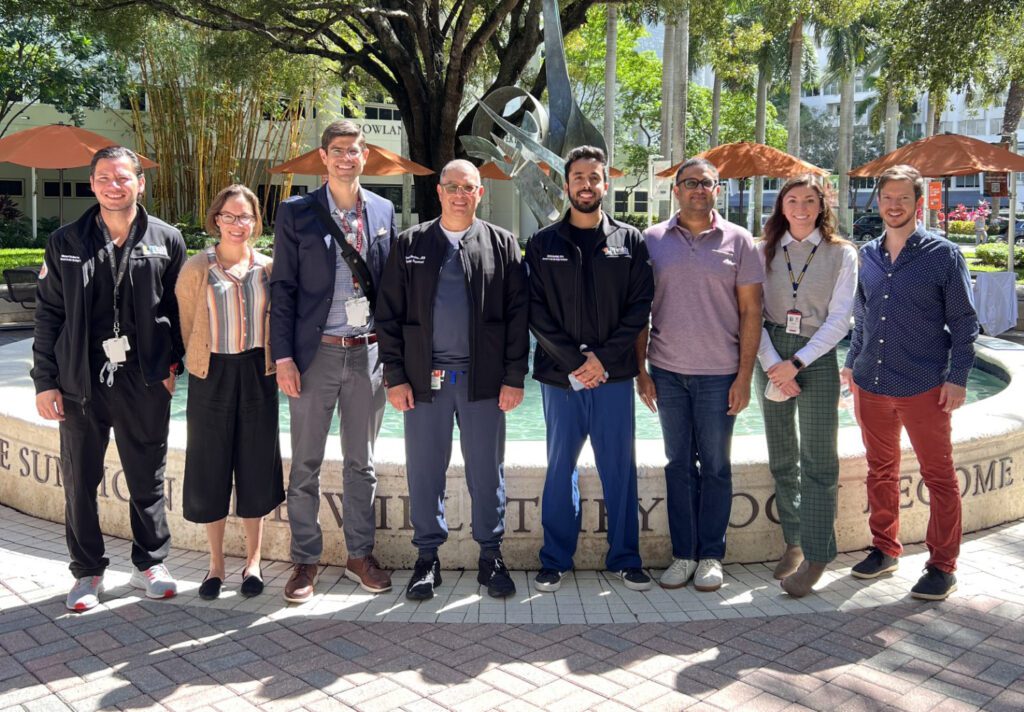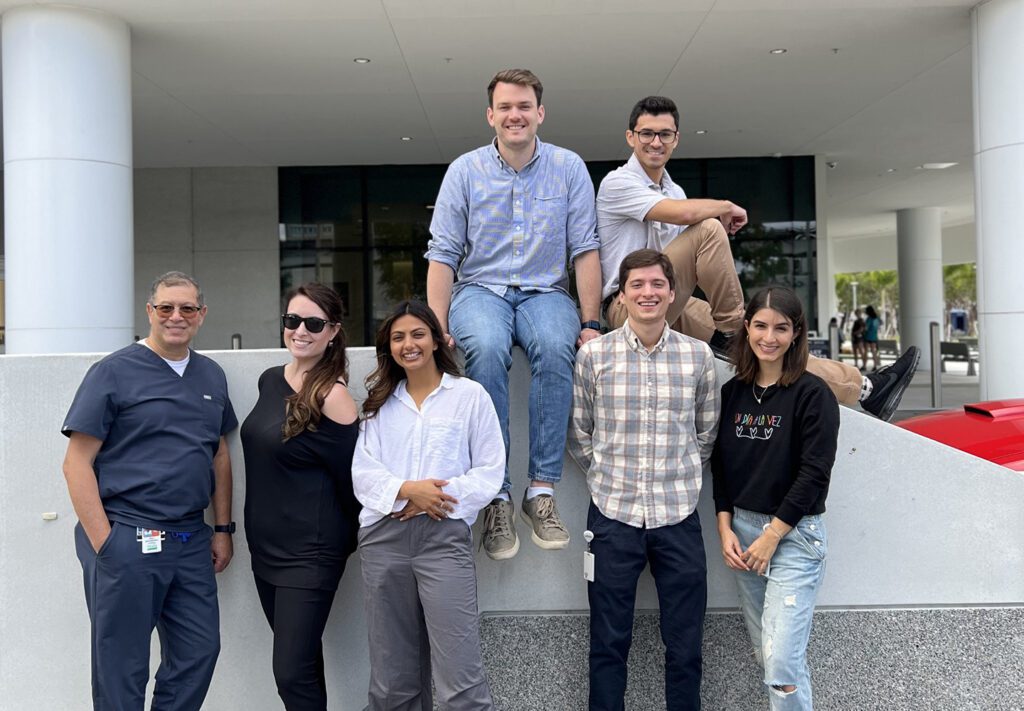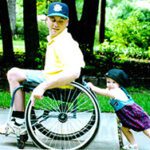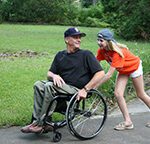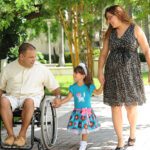Emad Ibrahim, M.D., HCLD
Assistant Clinical Professor, Departments of Urology and Neurological Surgery
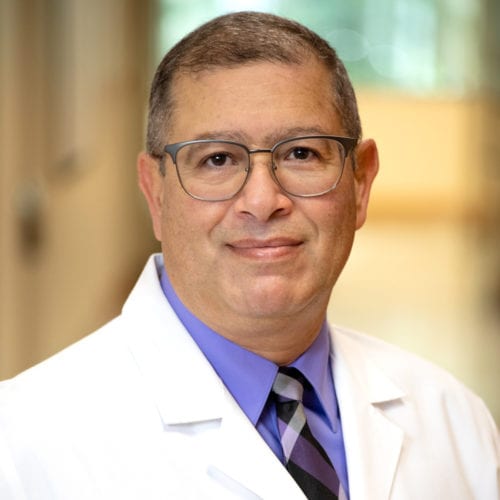
The Miami Project to Cure Paralysis
Christine E. Lynn Rehabilitation Center
1611 NW 12th Ave – 2nd Floor
Miami, FL 33136
Biography
Research Interests
Areas Of Research
Publications
More
Emad Ibrahim, M.D., HCLD is an Assistant Professor of Clinical Urology and Neurological Surgery at the University of Miami Miller School of Medicine in Miami, Florida. He specializes in Andrology and Sexual Medicine and is the Director of the Clinical Andrology Laboratory and the Sperm Cryopreservation Program at the Desai Sethi Urology Institute. He is an expert in management of sexual dysfunction, ejaculatory dysfunction, and infertility in men with spinal cord injury.
Dr. Ibrahim is the Director of the Male Fertility Research Program at the Miami Project to Cure Paralysis located in the start of the art Christine E. Lynne Rehabilitation Center. He performed over 3,000 penile vibratory stimulation procedures and over 650 electroejaculation procedures. He also trained more than 150 professionals to perform these procedures and counseled over 800 men with SCI about the status of their infertility and provided information about assisted conception to over 170 couples with a male partner with SCI which helped 130 couples to achieve pregnancy. Dr. Ibrahim has presented his scientific work in many scientific meetings and has authored more than 100 scientific papers and abstracts as well as book chapters in the field of male sexual and reproductive dysfunction in men with spinal cord injury. He is also on the editorial board of multiple scientific journals.
Dr. Ibrahim was awarded a $3.25 Million 4-year grant from the US Department of Defense to study the effect of a novel treatment on fertility after spinal cord injury.
Dr. Ibrahim work was highlighted at the University of Miami InventUM for Research, Education & Medical News1 as well the Paralyzed Veterans of America newsletter2 and the Craig Neilsen Foundation newsletter3, News Medical4, Spinal News International5, news wise6, and Trial Site News7.
*please see Publications tab for references.
Male Fertility Following Spinal Cord Injury
The research is focused on understanding and improving the impairments to male fertility which occur following spinal cord injury (SCI). Following SCI, most men, but not women, experience impaired fertility. Specifically, most men with SCI are anejaculatory, and some experience erectile dysfunction. Although their semen may be obtained by medically-assisted ejaculation procedures, in most cases, semen quality is impaired, specifically, sperm motility and viability are abnormally low, although sperm numbers tend to be normal.
Our research is focused on determining the cause of impaired semen quality in men with SCI. Our studies have shown that factors secondary to SCI are not responsible for impaired semen quality in men with SCI. For example, the condition is not due to scrotal thermoregulatory dysfunction, the method or frequency of ejaculation, the number of ensuing years post-injury, or hormonal alterations. Our recent evidence indicates that the problem is related to the seminal plasma. For example, seminal plasma of men with SCI inhibits sperm motility of able-bodied men. In addition, sperm motility is much higher in men with SCI before the sperm mix with seminal plasma. Substances within the seminal plasma are abnormal in men with SCI, including elevated reactive oxygen species, decreased prostate specific antigen (a marker of prostate function) and decreased fructose (a marker of seminal vesicle function). The semen of men with SCI contains an abnormally high number of non-spermatozoon cells, most of which are leukocytes. Our research showed significantly higher concentrations of pro-inflammatory cytokines in the seminal plasma of men with SCI. In-vitro neutralization of these cytokines led to improvement of sperm motility. In collaboration with our colleagues in the Miami Project to Cure Paralysis we detected higher levels on the inflammasome components in semen and sperm cells of men with SCI. We recently published the data of our pilot study using oral probenecid to improve motility in men with SCI which is considered the first published oral medication to treat this condition. Our current studies are aiming at determining the best dosage regimen and duration to enhance the effect of oral probenecid. In collaboration with distinguished neuroscience researchers from the Miami Project to Cure paralysis, our program is investigating novel therapeutic agents targeting the inflammasome complex in animal models with the goal of developing new therapeutic modalities to treat reproductive dysfunction in this population. Our ultimate goal is to develop therapies to normalize semen quality in men with SCI, so that chances of biological fatherhood are increased.
In addition to our investigation of sperm and seminal plasma, we are studying methods to improve semen retrieval and semen processing for assisted conception procedures. Recent improvements treating male infertility in the general population have led to a problem for men with SCI. Often, their ejaculates are not examined as a source of sperm for assisted reproductive technology (ART). Instead, sperm are retrieved surgically from their testes or epididymes as a first line treatment for anejaculation. This development has resulted in many centers performing expensive and invasive ART to overcome the low sperm numbers typically obtained with surgical sperm retrieval. Our research is focused on optimizing non-surgical methods of obtaining sperm from men with SCI. By maximizing the total motile sperm available for ART, couples have a wider range of options for pursuing assisted conception. Our research is leading the field by establishing standards of care for treatment of infertility in men with SCI.
We developed an educational program comprised of didactic classes and live workshops aiming at teaching health care professional dealing with patients with SCI on the optimal methods of management of reproductive function in men with SCI. Through this program and the developed educational video that over 100 practitioners worldwide learned the techniques of penile vibratory stimulation (PVS) and electroejaculation (EEJ) with the goal of spreading the knowledge of these simple techniques to avoid using surgical sperm extraction as the first choice for ART in couples with a male with SCI.
Educational Workshops Sponsored by PVA Grant.
Visit Dr. Ibrahim’s Publication Listing
Additional Publications
- Emad Ibrahim, Christian FS Jensen, Ivan Sunara, Kajal Khodamoradi, Teodoro C Aballa, Stacy Elliott, Jens Sonksen, Dana A Ohl, Claes Hultling, Charles M Lynne, Stephen WJ Seager, Nancy L Brackett. Evaluation of a re-engineered device for penile vibratory stimulation in men with spinal cord injury. Spinal Cord, 2020.
- Mariana Camargo, Emad Ibrahim, Teodoro C Aballa, Karina HM Cardozo, Valdemir M Carvalho, Charles M Lynne, Nancy L Brackett, Ricardo P Bertolla. Proteomic insight of seminal plasma in spinal cord injured men submitted to oral probenecid treatment for improved motility. J Spinal Cord Med, 2020.
- Nancy L Brackett, Emad Ibrahim, Charles M Lynne. Impact of Spinal Cord Injury. Springer Nature, 2020.
- Emad Ibrahim, Teodoro C Aballa, Charles M Lynne, Nancy L Brackett. Oral probenecid improves sperm motility in men with spinal cord injury. J Spinal Cord Medicine, 2018.
- Emad Ibrahim, Teodoro Aballa, Charles Lynne, Nancy Brackett. Educational program in the management of infertility in men with spinal cord injury: Update. J Urol, 2018. Presented in the American Urological Association (AUA) Annual Meeting.
References for Biography
- Department of Defense Grants Miller School of Medicine School Researcher $3.25 Million to Study Male Infertility After Spinal Cord Injury
- Research Update: University of Miami Health System – Male Infertility Research
- Making Progress with Pregnancy Infertility and Intimacy
- Can Probenecid Help with Male Infertility Post Spinal Cord Injury
- University of Miami Researcher Awarded $3.25 Million DOD Grant to Treat Male Infertility After Spinal Cord Injury
- US Department of Defense Grants University of Miami Researcher $3.25 Million to Study Male Infertility After Spinal Cord Injury
- Department of Defense Grants University of Miami Researcher $3.25 Million to Study Mae Infertility After Spinal Cord Inury
Becoming a Parent Despite a Spinal Cord Injury (08-18-2022)
UHealth Collective
Conceiving a New Treatment for Male SCI Infertility (Winter 2023)
The Spin
PROFESSIONAL AFFILIATIONS/MEMBERSHIPS
- American Medical Association
- American Urological Association
- Southeastern Section of the American Urological Association
- American Society for Reproductive Medicine
- American Association of Bioanalysts
- College of Reproductive Biology
LABORATORY MEMBERS
| Name | Phone | |
| Program Coordinator | 305-243-1491 | mfp@miami.edu |
Emad Ibrahim, M.D., HCLD (June 11, 2020)
Reproductive and Sexual Dysfunction in Men with Spinal Cord Injury
[/column]

